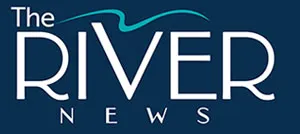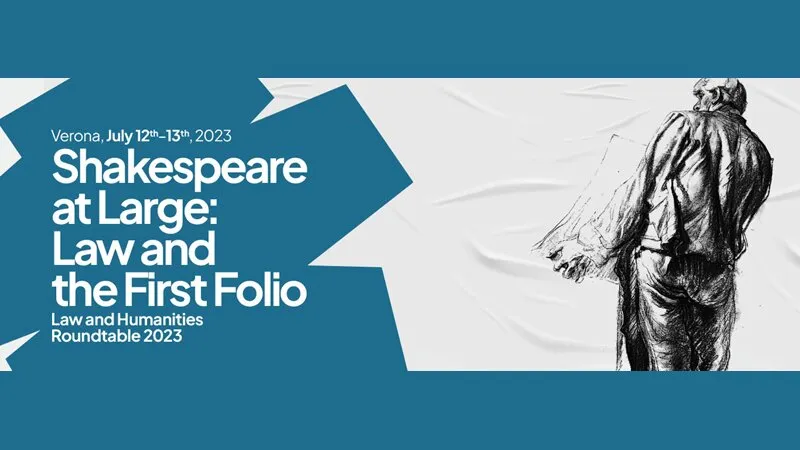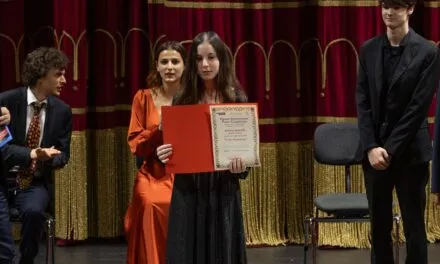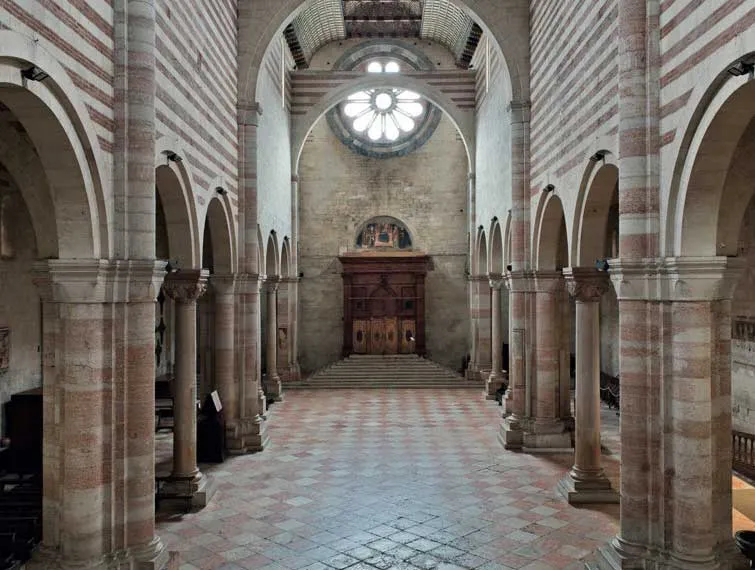A new roundtable titled “Shakespeare at Large: Law and the First Folio” has brought together scholars with expertise in law and the humanities from all over the world. Main theme: the link connecting Shakespeare with law and humanities.
The fifth roundtable of the year organized by the University of Verona’s Department of Legal Sciences in association with the academic publication Law and Humanities (Routledge/Taylor & Francis) wants to commemorate the 400th anniversary of the publication of Shakespeare’s First Folio, a publication of his works in a large folio in 1623.
Academics from Canada, Australia, Ireland, the United Kingdom, and of course Italy have exhibited their interdisciplinary research in the city where Shakespeare set some of his greatest works yesterday, July 12. And today, shows, identities, and contexts connected to the First Folio will be discussed, starting with Jamie Sefton and his performance “I will be brief” (Romeo and Juliet, 5.3.229), a dramatic epilogue, and continuing with a visit to Juliet’s Tomb with English-speaking tour guides.
“We have come to Verona to celebrate the connection between the Shakespeare’s First Folio and the law – explained to us Gary Watt, editor of the peer-reviewed journal Law and Humanities – which might seem surprising but of course we know that the law is often created in volumes and when it has those big books that we always associate with the law and then has authority. So, today we are looking for, as academics and as a practitioner of performances, a way in which putting Shakespeare into the form of a book has given him a certain authority witch we can then play for generations to come”.
In fact, the journal engages with those aspects of human experience which are not empirically quantifiable or scientifically predictable, as David Gurnham, Law and Humanities co-editor explained: “The mission of our journal is to explore the link between Shakespeare, law and humanities and for this reason we try to encourage anyone who is interesting in the study of this connections. So, we want to provide a forum for scholarly discourse within the arts and humanities around the subject of law”.
HERE our video-interview with Gary and David.














